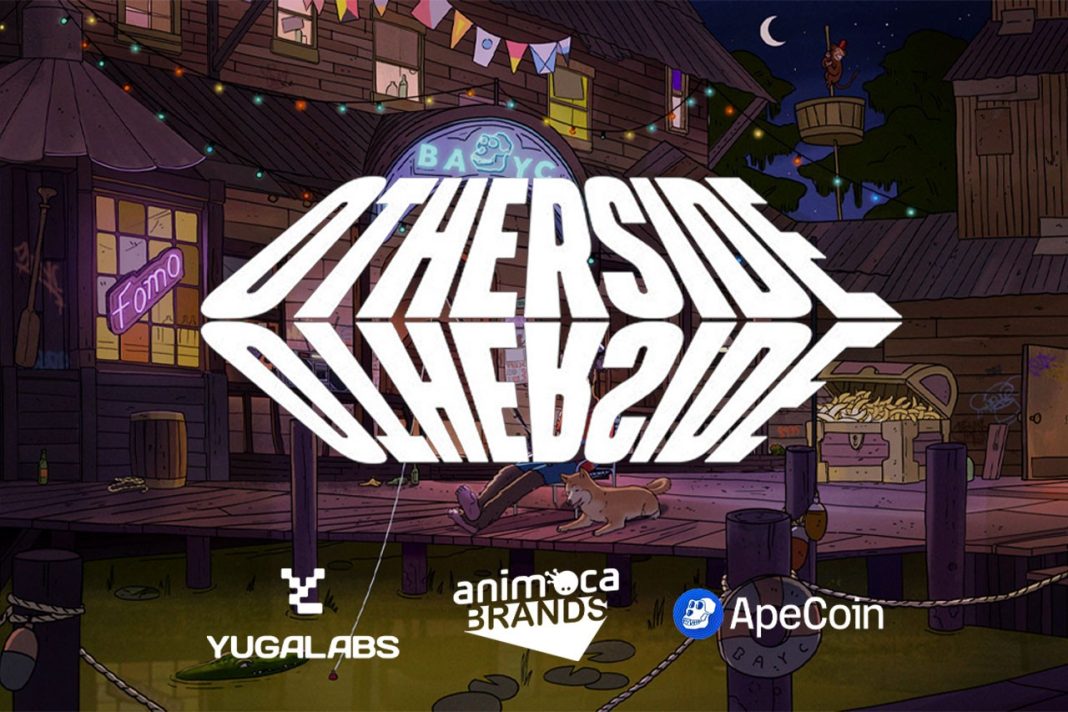The founders of the NFT project Bored Ape Yacht Club (BAYC) have a lot to show with their startup Yuga’s early beta vision of the metaverse, a gaming platform dubbed Otherside, after allegedly pulling off the oddest unicorn success story in tech.
Few entertainment firms have faced such community pressure on their first game, and even fewer have had as many people cheering for them to fail. The NFT bull run, which made early Bored Apes holders and the project’s creators extremely wealthy, also spawned a slew of detractors who denounced NFTs as ponzi scams that took advantage of vulnerable victims. As cryptocurrency values have plummeted in recent months, many new retail investors in the market have suffered significant losses.
Yuga’s job of retaining a community of NFT holders while developing the Otherside title during what many believe will be a historic crypto winter nestled inside a recession is formidable. While transitioning from the exclusivity of its premium six-figure NFT clubs to the mass appeal of an MMO, the firm must also contend with the enduring cynicism of gamers surrounding NFTs.
Otherside’s success would mean a lot to Yuga’s venture capitalists, who gave it an unheard-of $4 billion seed stage value. Still, it may also mean a lot to the core concept of web3 “ownership” at a time when tech’s largest powers-that-be, lead by Meta, is promising a metaverse revolution.
From a technical sense, the demo went off without a hitch on my end. The most exciting experience was residing in such a vast crowd of avatars while fully aware that every one of them was a genuine person. Moving from space to space, surrounded by hordes of avatars and hearing faint mumbles of surrounding conversations, gave the demo the convivial feelings of a small festival.
Otherside will be a platform for game producers, akin to Roblox or Meta’s startup Horizon Worlds, and users will be able to build and commercialize virtual world experiences on virtual land that can be bought and sold.
Though the Bored Apes NFT audience is still somewhat limited at the moment, the Otherside debut is a significant victory for the title’s developer, Improbable, based in the United Kingdom. Five years ago, the startup invested $500 million in its multiplayer vision, and it recently secured $150 million at a $1 billion valuation for its new “metaverse network,” M2.
Improbable CEO Herman Narula tells TechCrunch, “This is the fourth generation of technology that started in my house.” “There has been a very long era of evolution.” However, we’ve emerged as the world’s premier producer of multiplayer experiences.”
The startup’s presentation comes when other so-called play-to-earn crypto gaming titles, such as Axie Infinity, have been chastised for what critics claim are unsustainable business models. While multimillion-dollar avatars and enormous NFT land purchases may be unique among today’s games, Yuga is positioning itself to compete with today’s big platforms, such as Epic Games, Roblox, and Meta.












